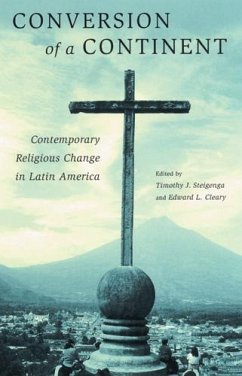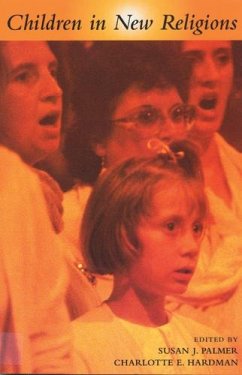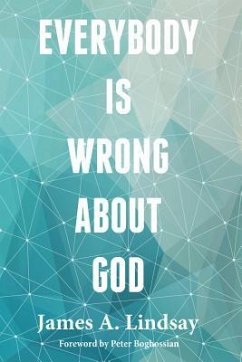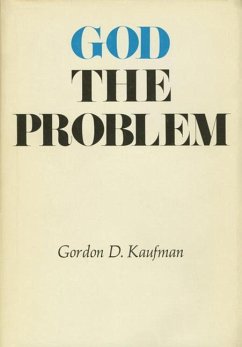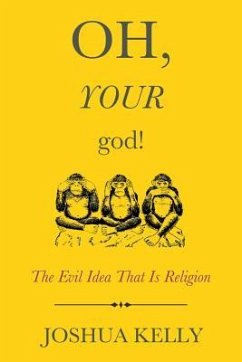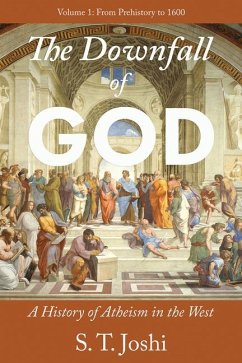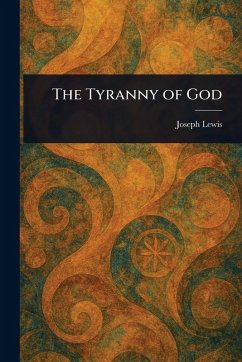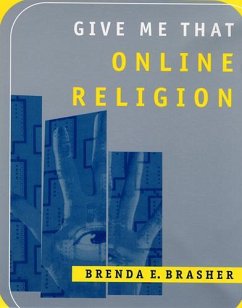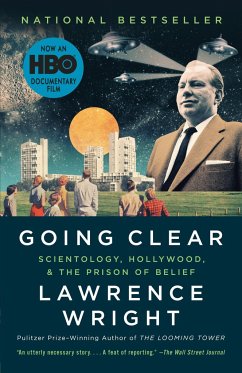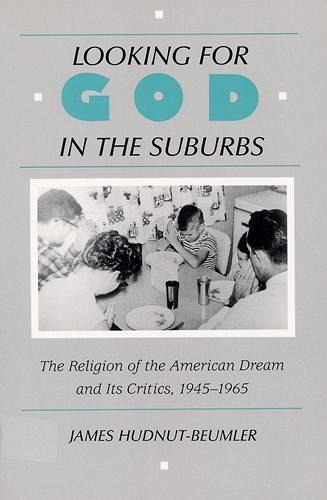
Looking for God in the Suburbs
The Religion of the American Dream and Its Critics, 1945-1965
Versandkostenfrei!
Versandfertig in über 4 Wochen
39,99 €
inkl. MwSt.

PAYBACK Punkte
20 °P sammeln!
In the 1950s, 99% of adult Americans said they believed in God. How did this consensus turn into the confrontational debates over religion in the 1960s? James Hudnut-Beumler argues that post-World War II suburban conformity made church-going so much a part of middle-class values and life that religion and culture became virtually synonymous.





